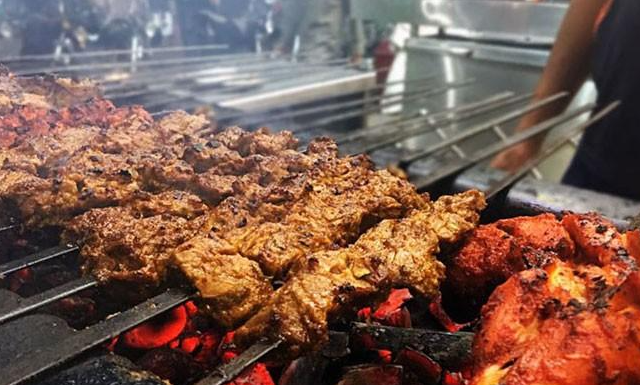
Web Desk
Supermarkets in Australia are running out of groceries like it’s 2020.
Two years ago, as lockdowns rippled across the world, panicked hoarders cleared Australian shop shelves of survival rations such as flour, lentils and — of course — toilet paper.
This time it’s different. Local supermarkets are struggling to get their produce into stores because so many key staff are in isolation, either because they have the omicron Covid-19 strain or are close contacts of confirmed cases. It’s also an issue elsewhere — the highly contagious variant is disrupting U.S. food supply chains and will likely cause more shortages.

In Australia, the supply pressures are most acute in New South Wales, the populous east coast state that includes Sydney. The state reported a record 38,625 new cases Friday. That’s up from daily numbers of fewer than 500 as recently as early December.
The country’s biggest supermarket operator, Woolworths Group, said Thursday that more than 20% of employees at its distribution centers are off work because of Covid-19. In the stores, the virus has put at least 10% of staff out of action, Woolworths said.
That’s made it tough for supermarkets to restock, and it’s sometimes hard to get hold of certain meats, bread, vegetables, fruit and herbs. Coles Group, Australia’s second-largest supermarket operator, this week imposed temporary two-pack buying limits on sausages, chicken thighs and breasts, and mince.
New South Wales authorities on Friday reinstated some restrictions to check the tide of infections, and food shortages may continue for some time, according to Woolworths.
“We are seeing impacts across the whole country, and it’s not yet clear how soon the system will come back into balance as we move through the omicron wave,” Woolworths Chief Executive Officer Brad Banducci said in a note to customers.
Aussie shoppers aren’t alone. In the U.S., grocery distributor SpartanNash said it has become harder to get supplies from food manufacturers, especially processed items like cereal and soup. There are signs of declining productivity in the meat sector, while more food inspectors are calling in sick.
The post More food shortages after Omicron hits Stores from U.S. to Australia appeared first on The Frontier Post.








